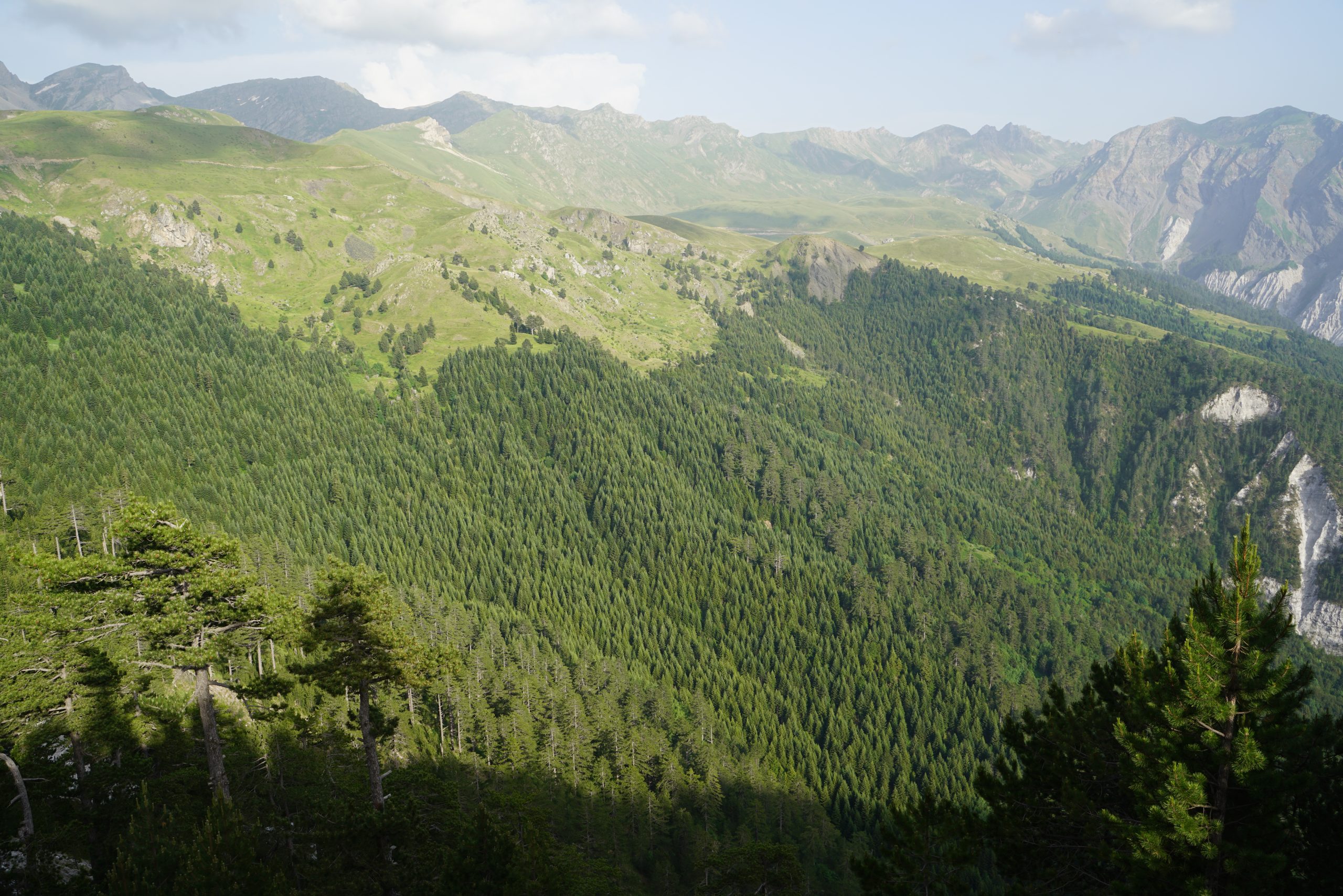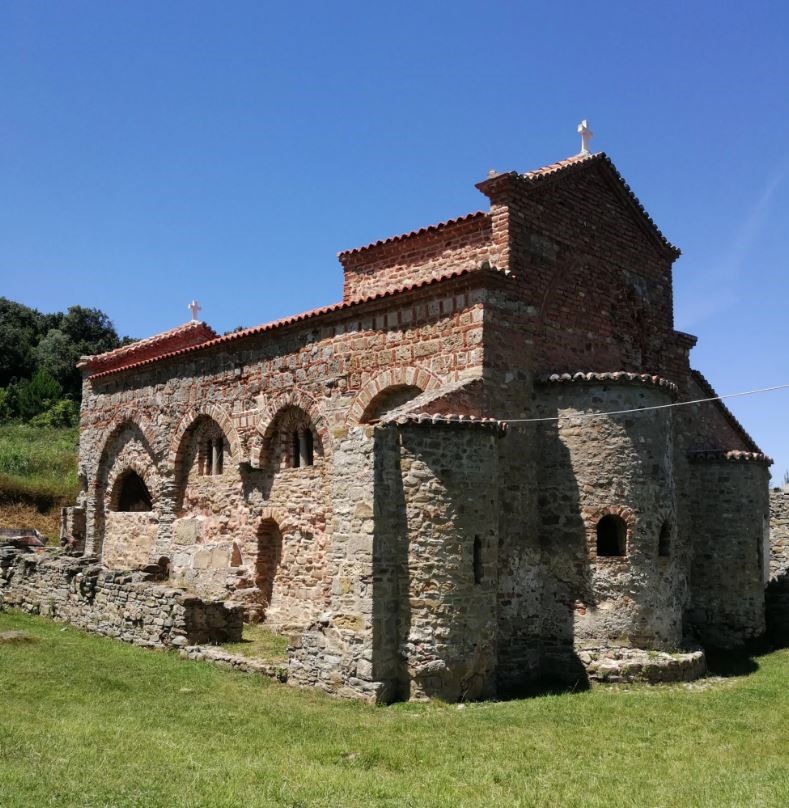The European Commission has published the new Enlargement Package for the Western Balkans and Turkey which includes the progress reports on the accession of all six Western Balkan countries.
As expected, all countries have shown limited to no progress in aligning with and the implementation of EU environmental policies. Existing policies and levels of investments have not been efficient in tackling the accumulated problems in the environment, which are directly affecting the citizens’ quality of life.
Energy transition, decarbonization and shifting away from coal has been very slow and the much needed cross-sectoral engagement and commitment are missing. Air pollution has raised serious concerns among citizens, but the governments are not taking it seriously and are generally indolent in implementing the measures for reduction of the pollution. The benefits provided by natural ecosystems are neither recognized nor integrated into development policies. Instead, many valuable natural habitats, including rivers, are highly threatened and the impact of different strategic investments in them requires close scrutiny.
In 2020, the Western Balkan countries signed the Sofia Declaration and launched the Green Agenda for the Western Balkans as the main mechanisms to foster environmental improvements in the region.
Two years later, there are still no tangible positive effects of the Green Agenda. “We may partly agree that more time is needed to put such mechanism in motion, but we are also discouraged by the lack of ownership, transparency and participation of relevant actors from different sectors, including the civil sector. Effective implementation of the Green Agenda and effective resolution of complex environmental challenges requires much more cooperation on the national level across different sectors as well as between the governments on the regional level”, says Goran Sekulić from WWF Adria.
Last year, the Regional Environmental Network 27[1] was established by six civil-society national platforms from the Western Balkans, focusing on EU accession in the environment and climate change sector.
“We urge the governments of the Western Balkans to tighten cooperation in the field of environment since many of the environmental problems we are facing are regional problems. We also invite the governments to increase the transparency in policy development and enforcement, and enable effective participation of the civil society sector. As a network we stand ready to actively cooperate and contribute to the EU accession process both on national and regional level and to help develop mechanisms to allow effective involvement of the civil society organizations in planning and implementation of the Green Agenda.” Says Lira Hakani, from EDEN center
Note for editors:
[1] The Regional Environmental Network 27 gathers six civil-society platforms from Western Balkan countries : Green 27 from Albania, Partnership 27 from Bosnia and Herzegovina, Platform 27 from North Macedonia, and Coalitions 27 from Kosovo, Serbia and Montenegro.





